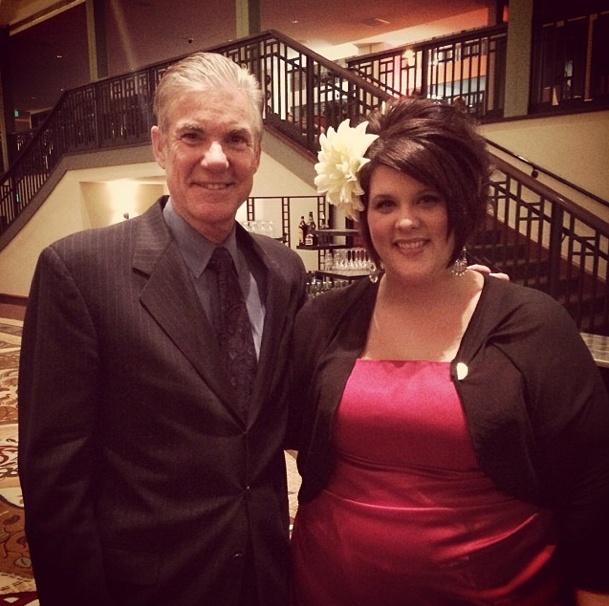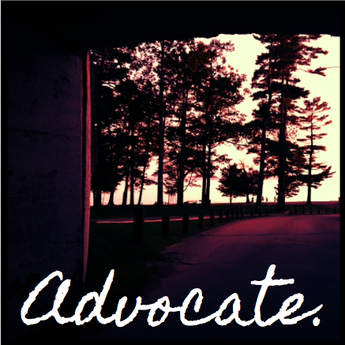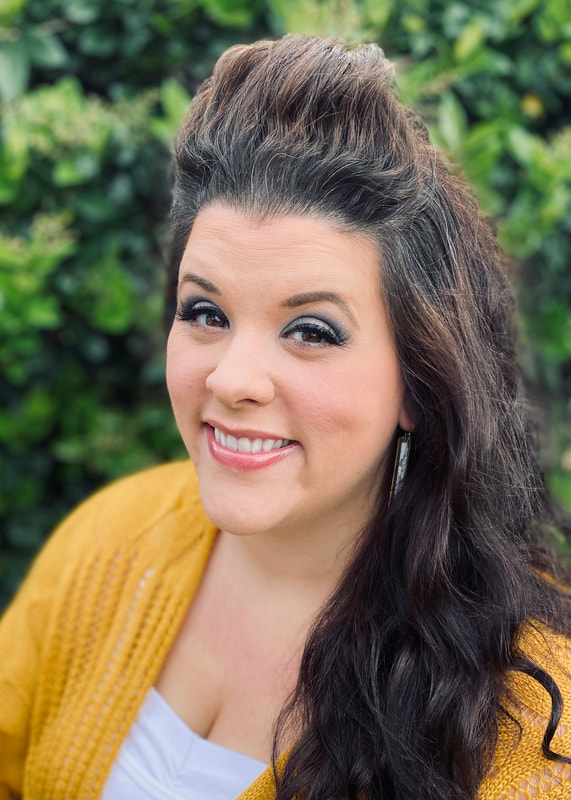|
Teachers, schools, teacher unions, and public education in general have always been scrutinized by both the media and the public. Sometimes education can be an unfortunate scapegoat, and sometimes there are valid arguments for why certain aspects of our education system need to change. As teachers, having positive public relations and a chance to showcase what our students are doing, creating, innovating, and solving in class is important. Those of us who are tech savvy have found numerous ways to positively share student work and bring attention to the brilliant young minds in our classrooms. For example, I utilize a classroom Instagram account to give parents (even non-English speaking ones) and the community a window into Room 208. I also have a classroom website, a Vimeo Channel, and this blog. However, we well know that the majority of today's teachers either don't have enough technology resources at their disposal, or simply aren't tech savvy enough to share that way. That is not to say that student work and great classrooms can only be shared via electronic means, but it does point toward the idea that not everyone in our profession is actively sharing and liaising with the public to create a positive view of education. Here's a big giant fact for you: There are nearly 400,000 teachers in the state of California. When I visited Vermont last summer to facilitate a week of workshops for the Mobile Media Maker Camp, I was surprised to learn that the population of Vermont as a whole is a little more than 600,000. Folks there were shocked to learn just how many teachers it takes to keep the California Education Machine running. There are so many educators in California, that 1 in 9 teachers in America teach here in our state. With statistics like those, isn't it important for California teachers to have a voice? A positive presence to showcase the good that goes on in California classrooms? An advocate for great teaching? An advocate for student achievement, innovation, creativity, and access? As one of the five 2014 California Teachers of the Year, this is where I believe I have been given a representative mission. Last year, I was nominated by five different teachers at my site and chosen by the whole staff to represent great teaching at our school. After also being chosen by other teachers in the district, I entered into a rigorous vetting process at the county level. This included writing nearly 20 pages of education essays; participating in a panel interview; and teaching during an observation visit from 11 teachers and other education specialists. My students, their parents, my colleagues, and my administrators were also interviewed by the panel at length. From there, the state process included more education essays, another classroom observation, and an interview with the California Department of Education in Sacramento. After all of that, being selected as a California Teacher of the Year was an honor and continues to be something I do not take for granted. Being asked to represent the good in California education, the teachers who work their hardest day in and day out, the successes (both large and small) that students across California experience each day - that is a weighty mantle of responsibility. So, when I read conversations on Twitter about how the Teacher of the Year program isn't valid or doesn't hold merit, I respectfully disagree. It is important for teachers and public education to have a positive voice. I will use my voice to highlight the wonderful things teachers are doing across the state, to affect change when necessary and in whatever ways I can, to draw attention to the needs of students, and to stand up for the importance of technology-rich learning environments. This year is an opportunity for which I am deeply grateful. If even you're not a TOY, you have a voice, too. How will you use yours? By Jessica Pack
[email protected] @Packwoman208
1 Comment
This week I have the fantastic opportunity to present/facilitate five days of hands-on workshops for teachers in Burlington, Vermont. Why is Packwoman in Vermont? For this wonderful maker camp organized by Google Certified Educator, Lucie deLaBruere (@techsavvygirl): When I boarded my flight in LAX, I did so with the expectation that I would learn a lot from the teachers out here on the east coast - and even though today was only Day Two, I really can say that I have learned a ton already! What I'd like to share in this post, however, is about the incredible technology advocacy accomplished by teachers here in the state of Vermont. During our lunch conversations for the last two days, several teachers have shared the structure of education funding in this state, which is much different than the system I am used to in my home district, Palm Springs Unified. In Vermont, the school's operating budget is subject to community approval. Budgets are proposed by school sites, then voted on at Town Hall Meetings, which are held in each city. I am told that meetings generally take place the first Tuesday of every month. Around the budgeting time of year, residents decide whether to approve or reject proposed school budgets based on their own perceptions of student needs and effective pedagogical tools. As one participant shared with me, this can make technology spending somewhat of a challenge. Specifically, if a community is reluctant to take on a particular technology initiative, such as the 1:1 iPad Programs that seem to be gaining momentum in some schools here, they have the freedom to reject the budget and suggest revisions. The result of this type of extensive local control is that teachers must become strong advocates for effective pedagogical methods and the technology tools that are so essential. I think it is very interesting that community stakeholders have such a huge potential impact on what (from my limited experience) seems to be something that schools more typically are able to dictate and approve on their own. I admire the level of technology advocacy teachers must adopt here, and I wonder how well we (teachers in other states) would be able to advocate if we were subject to a similar budgetary structure. It is imperative to educate the community about why educational technology matters; so often, we focus on getting other teachers or administrators on board with tech - what about parents and the communities we live in? Could we be better advocates? Could we affect more meaningful change by altering the perception of "necessary" classroom tools? Could we communicate more with parents to showcase the difference tech makes in the academic and personal lives of students? I think so. Let's take a page from the book of Vermont's outstanding educators and aspire to be true advocates for student use of technology. At the very least, let's make sure we each have a good elevator speech so we're not caught off guard when we have the opportunity to share, and let's mentally compose some research-based responses for skeptics. Let's strengthen our connections to our communities, and share why we are so confident that what we do is significant in the education of tomorrow's global citizens. How do you advocate most effectively for student use of technology? How is purchasing regulated at your school? Comment on this post or hit me up on Twitter @Packwoman208 to continue the conversation. By Jessica Pack
[email protected] |
Author: Jessica PackCalifornia Teacher of the Year. CUE Outstanding Educator 2015. DIGICOM Learning Teacher Consultant. 6th Grade Teacher. Passionate about gamification, Minecraft, digital story-telling, and fostering student voices. Download:Archives
June 2020
Categories
All
|






 RSS Feed
RSS Feed